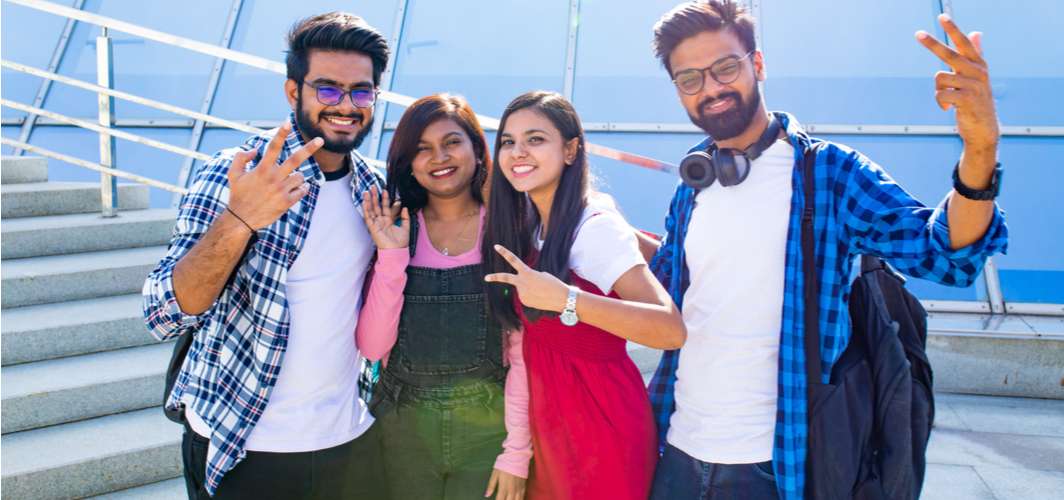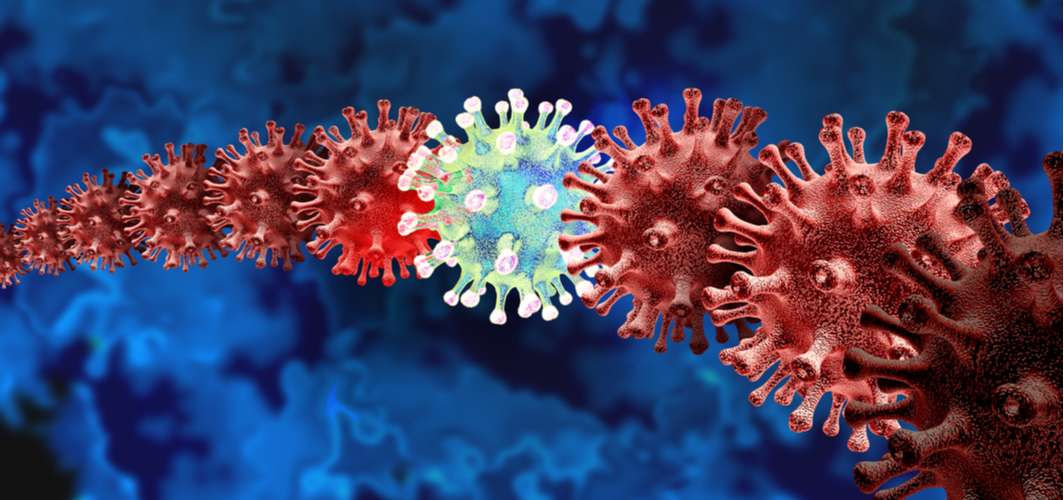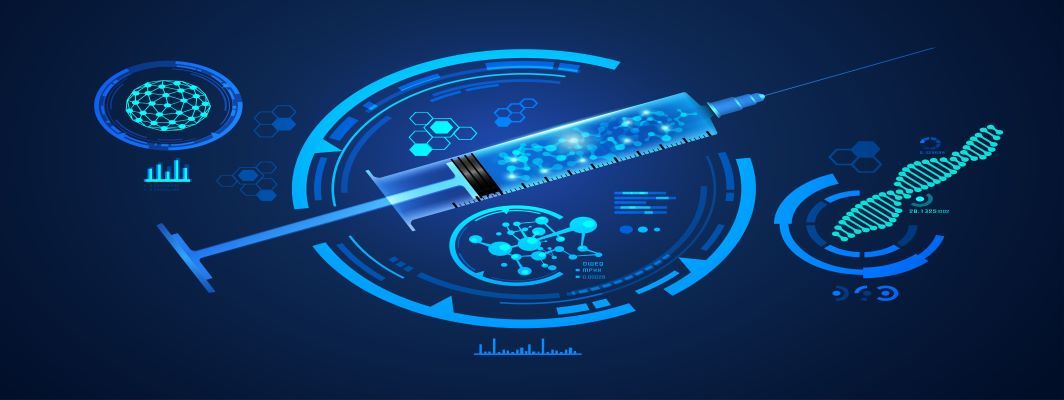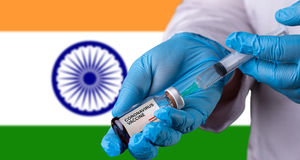COVID-19 Vaccines
COVID-19 Vaccination For All Above 18 Years: 10 Things You Should Know
3 min read
By Apollo 24|7, updated on - 14 December 2021, first published on - 27 April 2021, Updated on - 18 October 2022
Share this article
14
62 likes

During April and May 2021, India witnessed the worst outbreak of COVID-19 recorded anywhere in the world since the beginning of the pandemic. With more than 30 lakh active cases of COVID-19, the country struggled to keep its healthcare and medical system intact. Across India, there was an acute shortage of hospital beds, medical oxygen, and life-saving medicines.
In order to bring the outbreak under control, the Central Government decided to expedite the COVID-19 vaccination programme. The Government announced the commencement of phase 3 of the COVID-19 vaccination programme from May 1. Under the new phase, the eligibility criteria for the COVID-19 vaccines were expanded significantly.
The main elements of the Liberalised and Accelerated Phase 3 Strategy of the National Covid-19 Vaccination programme:
- From May 1, the COVID-19 vaccines would be made available to all adult citizens i.e. those aged 18 years and above all across India. The online COVID-19 vaccine registration for people in the 18-45 age group began on April 28.
- Vaccine makers have been asked to supply 50% of their monthly Central Drugs Laboratory (CDL) released vaccine doses to the Central Government. They have been authorized to supply the remaining 50% doses to state governments and private hospitals.
- States have been allowed to procure additional vaccine doses directly from the vaccine manufacturers. They have also been permitted to open up vaccination to any category of people above the age of 18 for the same.
- Vaccine makers have been asked to make an advance declaration of the price for 50% supply that would be provided to the state governments and private hospitals.
- Vaccination would remain free of cost for all the existing priority groups i.e. healthcare workers, frontline workers, and people aged 45 years and above at the Government of India vaccination centers.
- All vaccination, either through Central Government or State Government, would remain part of the National Vaccination Programme. As such, it would be mandated to follow all protocols such as being captured on the CoWIN platform, linked to AEFI reporting, and all other prescribed norms.
- The Central Government has said that priority will be accorded to the second dose of healthcare workers, frontline workers, and people aged 45 years and above.
- The Central Government would continue to provide its share of vaccines free of cost to the State Governments. The vaccines from the central government quota would be distributed to states on the basis of criteria such as the extent of infection (number of active COVID-19 cases), performance (speed of administration), and vaccine wastage. Based on the above criteria, the state-wise vaccine quota would be earmarked and communicated to the states in advance.
Recommended reading: Post Vaccination DOs and DON’Ts
Revised Guidelines for COVID-19 Vaccination
On June 7, Prime Minister Narendra Modi announced major changes to the COVID-19 vaccination guidelines. The main elements of the revised guidelines which came into force on June 21 are:
- Every citizen aged 18 years and above is now eligible for free COVID-19 vaccine doses at the government healthcare facilities.
- The Central Government procures 75% of the COVID-19 vaccines being produced by the vaccine makers in the country. The vaccines are being provided free of cost to States/Union Territories. States don’t have to procure vaccines on their own.
- Vaccine makers are allowed to sell 25% of their monthly vaccine supply to private hospitals.
- The service charge levied by private hospitals has been capped at Rs 150 per dose over the fixed price of the vaccine.
- The authority of monitoring vaccination drive at private hospitals resides with the State Governments.
If you have any questions about COVID-19 vaccines, you can speak to our experts through an online doctor consultation.
COVID-19 Vaccines
Leave Comment
Recommended for you

COVID-19 Vaccines
COVID-19 variants of concern: Why vaccines alone may not be enough
Unless urgent measures are taken, these new variants of concern will put vaccination and other pandemic control measures at the risk of getting derailed.

COVID-19 Vaccines
Why Young and Healthy Adults Should Get Vaccinated Against COVID-19
Experts suggest that unless a significant section of the population is immunized, the third and successive waves of COVID-19 will remain a possibility.

COVID-19 Vaccines
What Disruptive Technologies Are Being Used for COVID-19 Vaccines?
The pandemic has resulted in an unprecedented loss of life and economic damage. As of now, a safe and effective vaccine appears to be humanity’s only hope against the pandemic.
Subscribe
Sign up for our free Health Library Daily Newsletter
Get doctor-approved health tips, news, and more.
Visual Stories

COVID-19 Vaccine Factbox: Zydus Cadila
Tap to continue exploring
Recommended for you

COVID-19 Vaccines
COVID-19 variants of concern: Why vaccines alone may not be enough
Unless urgent measures are taken, these new variants of concern will put vaccination and other pandemic control measures at the risk of getting derailed.

COVID-19 Vaccines
Why Young and Healthy Adults Should Get Vaccinated Against COVID-19
Experts suggest that unless a significant section of the population is immunized, the third and successive waves of COVID-19 will remain a possibility.

COVID-19 Vaccines
What Disruptive Technologies Are Being Used for COVID-19 Vaccines?
The pandemic has resulted in an unprecedented loss of life and economic damage. As of now, a safe and effective vaccine appears to be humanity’s only hope against the pandemic.